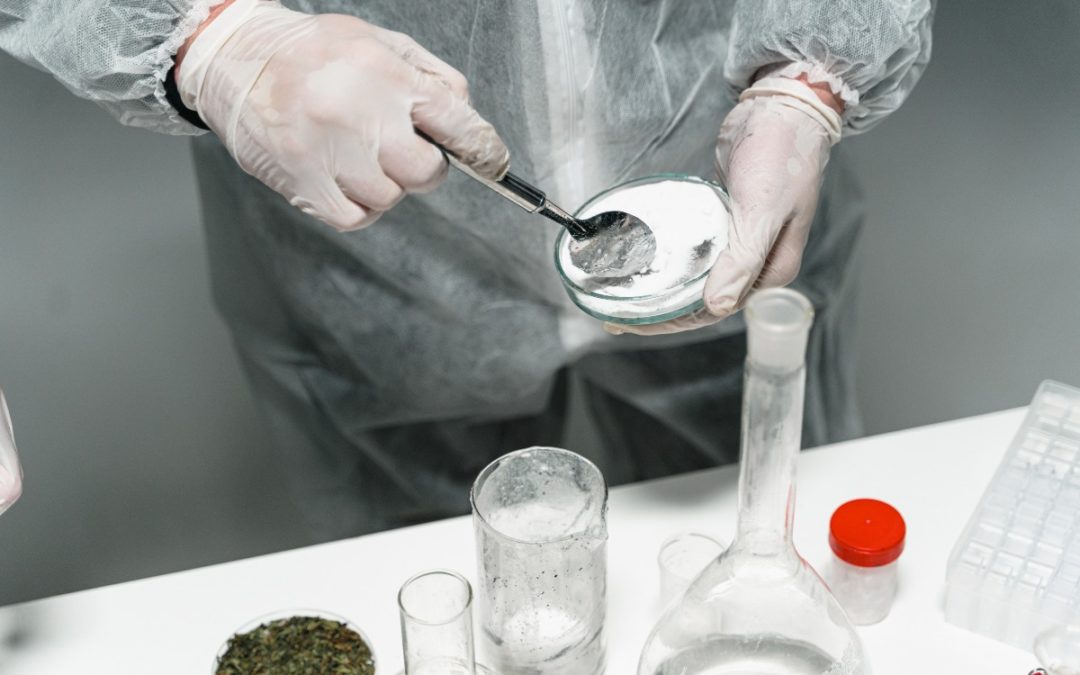Fentanyl is a narcotic drug that has a high potential for addiction, as it is typically stronger than other narcotics. This substance is highly concerning with the use of other illegal substances, as it is sometimes incorporated into other drugs to keep costs down. Taking a substance that has fentanyl as an additive is very dangerous, as there are many potential risks involved with its use, and people may not realize they are using fentanyl.
Fentanyl as an Additive
Fentanyl is commonly used as an additive to other illegal substances. While it may keep the cost of the drug down, the dangers of the substance are not worth the potential savings. Of the substances tested by the United States Drug Enforcement Administration (DEA), 42% of products contain at least 2mg of fentanyl. Fentanyl is commonly found in methamphetamines, heroin, and cocaine. It has the potential to be added to other substances as well, but these are the most common occurrences.
The risk of an overdose occurring with the use of fentanyl is high. Only 2mg of the substance is needed to potentially cause an overdose. As 42% of illegal substances contain at least this amount of fentanyl, there is a major risk of a fentanyl overdose occurring with the use of any illegal substance.
Test Your Substances
The safest and healthiest way to avoid the negative health effects of fentanyl use, as well as potential legal trouble, is to avoid using illegal drugs. However, people who choose to use anyway should at least understand the importance of testing the drugs they take. As each substance comes with its own set of side effects and potential consequences, being fully aware of what is truly in the substance you are taking can allow you to make your decisions with full knowledge. Many individuals who overdose on fentanyl didn’t know they were taking it, as it was hidden within another substance they were using.
Because many of the side effects of fentanyl are similar to those of other substances, it can be hard to recognize its presence. Ensuring you are testing your substances and ensuring that fentanyl is not present in the substances you are using can help you avoid a fentanyl overdose as well as potential addiction to a substance you did not even intend to take.
Effects of Fentanyl
Fentanyl binds to the body’s opioid receptors, causing similar effects to those of opioid substances. As opioids influence our pain levels and emotions, many symptoms can occur from the influence of fentanyl. These include the following:
- Drowsiness
- Confusion
- Heightened emotions
- Nausea
- Constipation
- Respiratory failure
- Hypoxia
- Unconsciousness
Hypoxia is a major concern with fentanyl, as it plays a role in the potential of overdose. As fentanyl affects your respiratory system, your breathing rates can drastically slow down. Hypoxia is a condition in which there is a lack of oxygen to the brain, leading to many serious health issues. If fentanyl slows your breathing rates enough, you can reach a state of hypoxia, causing permanent damage or overdose.
Danger of Surprise
Since fentanyl is commonly used on accident by being unknowingly added to another substance, the effects of fentanyl may come as a surprise. Many individuals will not be able to recognize the signs of fentanyl use when under the influence of another substance simultaneously. However, some people may be more aware of the reactions they experience that occur from having used both substances.
When people consciously choose to use a substance, they are often aware of the feelings that are involved with its use and are mentally prepared to handle those side effects. If fentanyl causes you to experience anything you were not expecting, it can drastically increase levels of stress and anxiety. As stress can worsen the physical reactions in your body, the element of surprise can induce an overdose.
Medical Use
Fentanyl was originally used as a form of anesthetic to assist with medical procedures. It became popular to use in medical settings along with other forms of opioids and pain relievers. As research has developed, the severity of using this substance has become clearer, allowing us to understand the lethal dosage of fentanyl.
Fentanyl can be used within medical settings in small amounts to alleviate pain. When fentanyl is prescribed by a doctor, the amount given should not allow your body to experience its severe effects. However, because addiction is always possible, following your prescriber’s recommendations carefully if using this for medical purposes is essential. This substance should only be used for short-term periods in medical settings.
Ask For Help
If you find that you may be developing an addiction to fentanyl or discover it may have been added to a previously used substance, reach out for help immediately. Overcoming addiction to fentanyl is often similar to overcoming opioid addictions. These addictions are commonly treated with medication-assisted treatment. It is possible to overcome a fentanyl addiction, as it is to overcome the addiction to any other substance.
Fentanyl is a substance occasionally used in medical settings and is often added to other illicit substances to lower costs. The health effects that can occur from using fentanyl are serious and can be fatal. It is important to be aware of the substances you are taking by testing your drugs before each use to ensure there is no fentanyl present. The potential of addiction and overdose is highly likely to occur with the use of fentanyl, especially when combined with other substances. This is a high concern for the Drug Enforcement Agency, as just under half of the methamphetamines, heroin, and cocaine that are distributed contain a lethal amount of fentanyl. Understanding the dangers involved with this substance can help promote safer drug use and lower the number of overdoses that occur. To learn more about the effects of fentanyl, contact Dream Recovery at (949) 732-1960.


Recent Comments